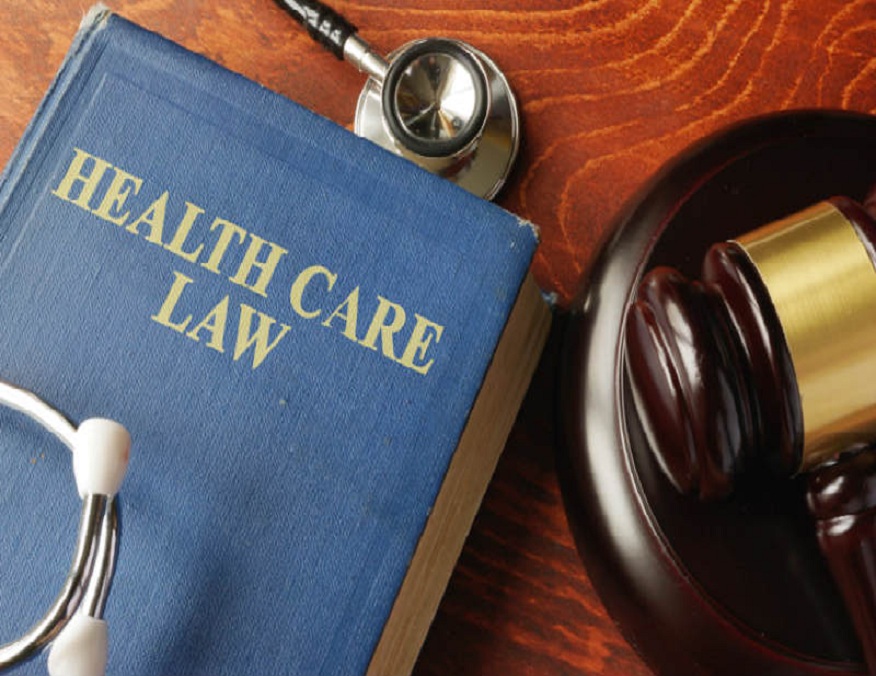Vaccination laws are a critical component of a resilient public health infrastructure. These laws are designed to protect public health by requiring individuals to receive certain vaccines, thereby reducing the spread of infectious diseases and protecting vulnerable populations. However, vaccination laws face a range of challenges, from vaccine hesitancy to legal and ethical considerations and enforcement issues.
In addition, the COVID-19 pandemic has highlighted the critical importance of vaccination laws and has created new challenges for public health officials. In this blog post, we will explore the history and importance of vaccination laws, discuss the challenges they face, and examine the impact of the COVID-19 pandemic on vaccination laws.
Vaccination Laws: A Brief History
Vaccination laws have a long and complex history, dating back to the 18th century. The first known vaccination law was passed in the British colony of Massachusetts in 1809, which required individuals to be vaccinated against smallpox. This law was controversial and sparked protests from those who opposed compulsory vaccination.
Despite opposition, vaccination laws continued to be passed throughout the 19th and 20th centuries. In 1853, the United Kingdom passed the Vaccination Act, which required all infants to be vaccinated against smallpox within three months of birth. This law was met with resistance from anti-vaccination groups, who formed a political movement and campaigned for the repeal of the law.
In the United States, vaccination laws varied from state to state, with some states requiring compulsory vaccination while others did not. In 1905, the US Supreme Court upheld a vaccination law in the case of Jacobson v. Massachusetts, ruling that the state had the authority to require vaccination for the protection of public health.
Throughout the 20th century, vaccination laws continued to evolve and expand, with laws being passed to require vaccination against a range of infectious diseases, including measles, mumps, rubella, and polio. In recent years, vaccination laws have been the subject of increased scrutiny and opposition, with some individuals and groups arguing that vaccination should be a matter of personal choice rather than a legal requirement.
Why Vaccination Laws Are Essential for Building a Resilient Public Health Infrastructure
Vaccination laws are essential for building a resilient public health infrastructure for several reasons.
Firstly, vaccination laws help to prevent the spread of infectious diseases. Vaccination is one of the most effective ways to protect individuals and communities from infectious diseases. When a critical mass of the population is vaccinated, it creates herd immunity, which helps to protect vulnerable individuals who may not be able to receive vaccinations due to medical reasons.
Secondly, vaccination laws protect vulnerable populations. Some individuals, such as the elderly, infants, and those with weakened immune systems, are at higher risk of severe illness and death from infectious diseases. Vaccination laws help to protect these vulnerable populations by ensuring that those around them are vaccinated and less likely to transmit diseases.
Thirdly, vaccination laws can help to reduce healthcare costs. Infectious diseases can be expensive to treat, and outbreaks can strain healthcare systems. Vaccination laws can help reduce the burden on healthcare systems and save money by preventing the spread of infectious diseases.
Fourthly, vaccination laws are a critical component of public health emergency preparedness. In the event of a disease outbreak, vaccination laws can be used to quickly and effectively vaccinate the population, reducing the spread of the disease and preventing further outbreaks.
Challenges to Vaccination Laws
While vaccination laws are crucial for protecting public health, they face several challenges that can make their implementation and enforcement difficult. Here are some of the major challenges to vaccination laws:
- Vaccine Hesitancy: Some individuals and communities may be hesitant or resistant to vaccinations due to concerns about safety or efficacy. This can make it challenging to achieve herd immunity and protect vulnerable populations.
- Legal and Ethical Considerations: Vaccination laws must be carefully crafted to balance the protection of public health with individual rights and freedoms. The legality and ethics of compulsory vaccination can be complex and controversial.
- Enforcement Issues: Vaccination laws require effective enforcement to ensure compliance. However, enforcement can be difficult, particularly in areas with high rates of vaccine hesitancy or in communities with limited access to healthcare.
- Misinformation: The spread of misinformation about vaccines can contribute to vaccine hesitancy and undermine public trust in vaccination laws.
- Cost and Access: Vaccines can be expensive, and some individuals may not have access to affordable or free vaccinations. This can create disparities in vaccination rates and hinder the effectiveness of vaccination laws.
To Conclude
Vaccination laws play a vital role in protecting public health by promoting vaccination and preventing the spread of infectious diseases. Vaccination laws are essential for building a resilient public health infrastructure despite their challenges. The COVID-19 pandemic has highlighted the urgency and the complexities of vaccination laws, as governments and healthcare systems worldwide have worked to develop and distribute vaccines to combat the pandemic.
If you need legal assistance with vaccination laws, Vaccine Law can help. Our team of experienced attorneys is dedicated to helping healthcare providers, schools, and other organizations navigate the complex legal landscape of vaccination laws. Contact us today to learn how we can help you protect public health and comply with vaccination laws.




